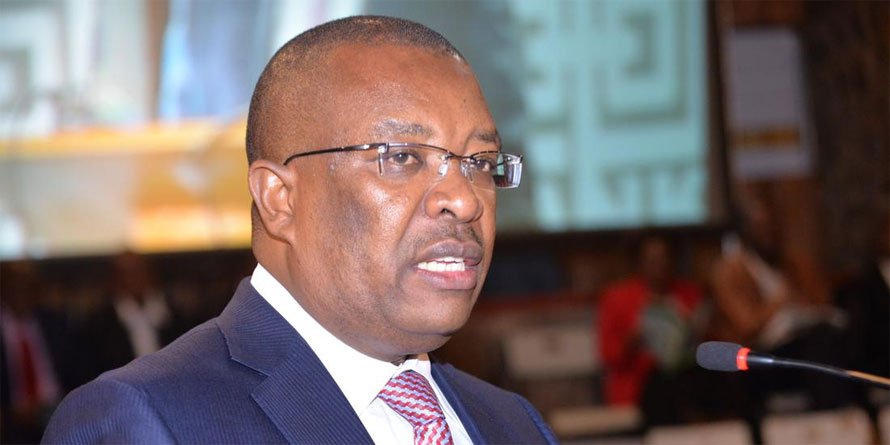Co-operative Bank #ticker:COOP has hired management consulting firm McKinsey & Company to review its lending processes with an aim of reducing the risk of defaults.
This is McKinsey’s second assignment at the lender that first hired it in 2014 to cut costs and transform the Nairobi Securities Exchange-listed firm into a digital bank.
“This time round we have brought McKinsey on board to give a critical focus on credit risk management in the Covid-19 environment,” chief executive Gideon Muriuki said at the company’s virtual annual general meeting held yesterday (Thursday).
He added that the bank may need to change its lending template, loan profiles and job descriptions at the branches and at the head office to ensure the lender remains competitive going forward.
McKinsey says banks have continued to rely on risk-management models that were built in the pre-pandemic era and which draw on historical data that needs to be adjusted to reflect the “new normal.”
“Over two prioritized time horizons, banks can carry out coordinated model adjustments to enable business continuity in the short term while reviewing their model development and redevelopment needs and upgrading their model-risk-management (MRM) frameworks over the longer term,” the consultancy firm says in a brief.
Management of defaults or non-performing loans has become a key focus for Kenyan lenders since the pandemic struck the country in mid-March.
The banking sector had restructured a total of Sh1.1 trillion or 38 percent of the aggregate loan book of Sh2.9 trillion as of August, according to the Central Bank of Kenya.
Co-op Bank has, however, fared relatively better with renegotiated loans worth Sh40 billion and equivalent to 14.7 percent of its Sh272.1 billion loan book in the half year ended June.
The lender’s net earnings also dropped by a lower margin of 3.6 percent to Sh7.1 billion in the review period when one of its main rivals, KCB Group, reported a 40.4 percent net profit drop to Sh7.5 billion.
“We have a one percent exposure in tourism, restaurants and hotels. That really helped us (avoid defaults arising from the impact of the pandemic),” Mr Muriuki said.Co-op Bank has nearly half of its loan book in the manufacturing, energy and water sectors and little in tourism and transport which are the hardest hit in the coronavirus fallout.The tourism industry has suffered from the ban of international travel in March, a restriction that was lifted in August.
